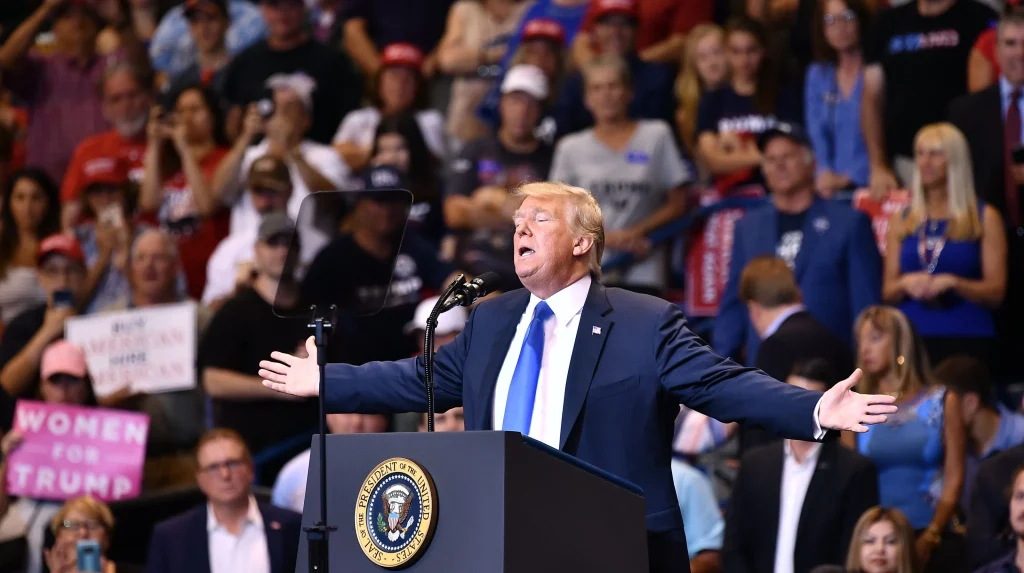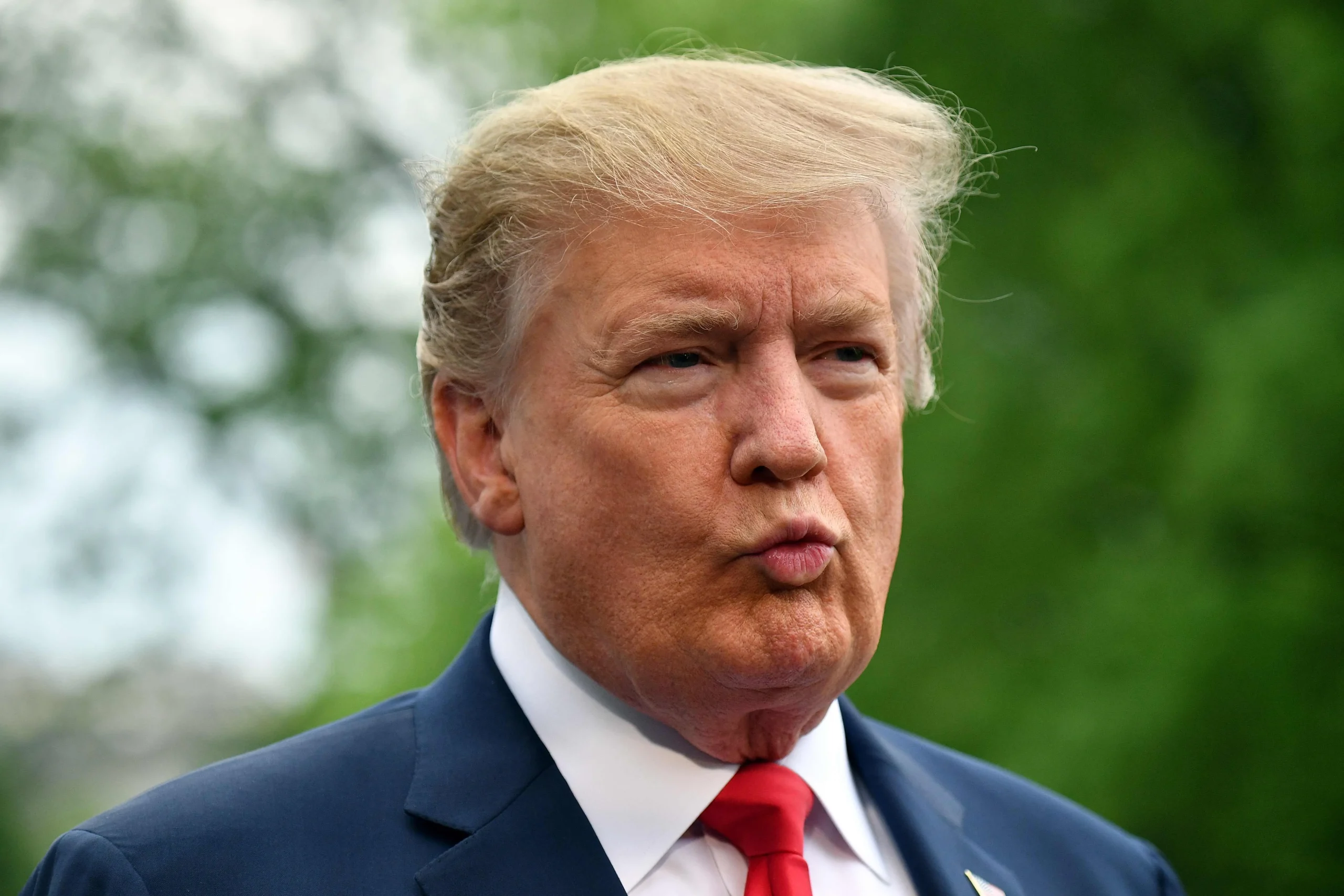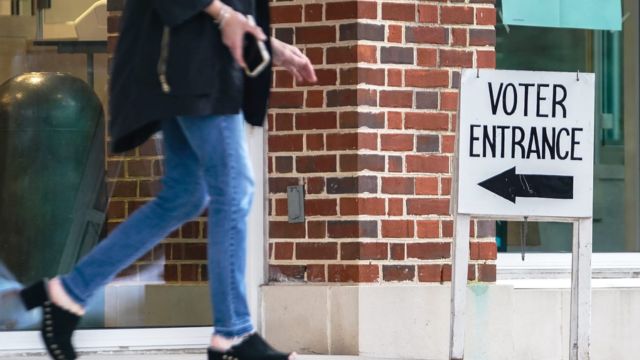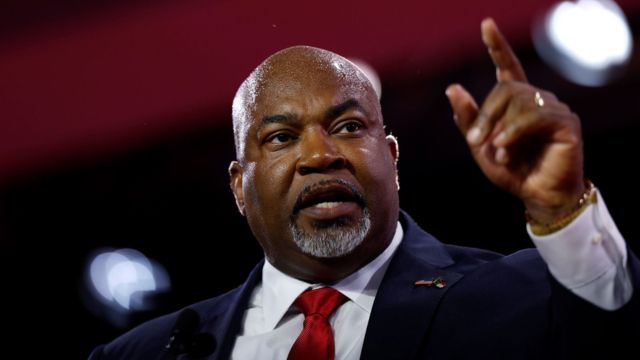In a much-anticipated moment, former President Donald Trump briefly took the stand in the defamation trial brought by writer E. Jean Carroll. The civil trial revolves around defamatory remarks Trump made about Carroll in 2019 during his tenure in the White House. Despite being found liable for sexually assaulting Carroll in a separate trial, Trump vehemently denies the accusation.
The trial day was marked by the meticulous guidance of Judge Lewis Kaplan, who insisted on limiting the scope of Trump’s testimony. With the facts of the assault established in a previous trial, the focus shifted to determining potential damages. Judge Kaplan left no room for Trump to stray beyond the agreed terms, avoiding any opportunity for a lengthy monologue or campaign-like statements.
During his brief testimony, Trump affirmed standing by his deposition and unequivocally denied Carroll’s accusation. However, a statement regarding Carroll’s accusation being “totally false” was swiftly struck from the record by Judge Kaplan.
The legal proceedings also witnessed Trump’s attempts to defend his actions, with his lawyer, Alina Habba, asking if Trump had ever instructed anyone to harm Carroll. Trump responded, “No, I just wanted to defend myself, my family, and frankly, the presidency,” but this part was also ordered stricken from the record.
The courtroom dynamics included warnings from Judge Kaplan to Trump for speaking loudly and muttering under his breath. Trump’s legal maneuvering and the judge’s strict control contrasted with a recent New York civil fraud trial where Trump delivered a six-minute monologue, claiming political persecution.

Read more:
- Trump cheers DeSantis’ departure, marking end to 2024 campaign rift
- Senator Cruz underscores South Texas dependency on trade with Mexico
- Impeachment trial defense for Paxton cost $2.3 million
- Trump’s Attorney Renews Call for Mistrial in Writer’s Defamation Case Involving Sex-Abuse Claims
The trial’s significance extends beyond the courtroom, intersecting with Trump’s political ambitions. As he secures wins, notably in the New Hampshire primary, the former president appears poised for a Republican presidential nomination. This case underscores the intriguing gap between Trump’s legal strategies and his campaign trail narrative, as observed by legal experts like Ronnell Andersen Jones.
As the defamation trial heads towards closing arguments, the spotlight remains on Trump’s legal challenges and their potential impact on his political future.















+ There are no comments
Add yours